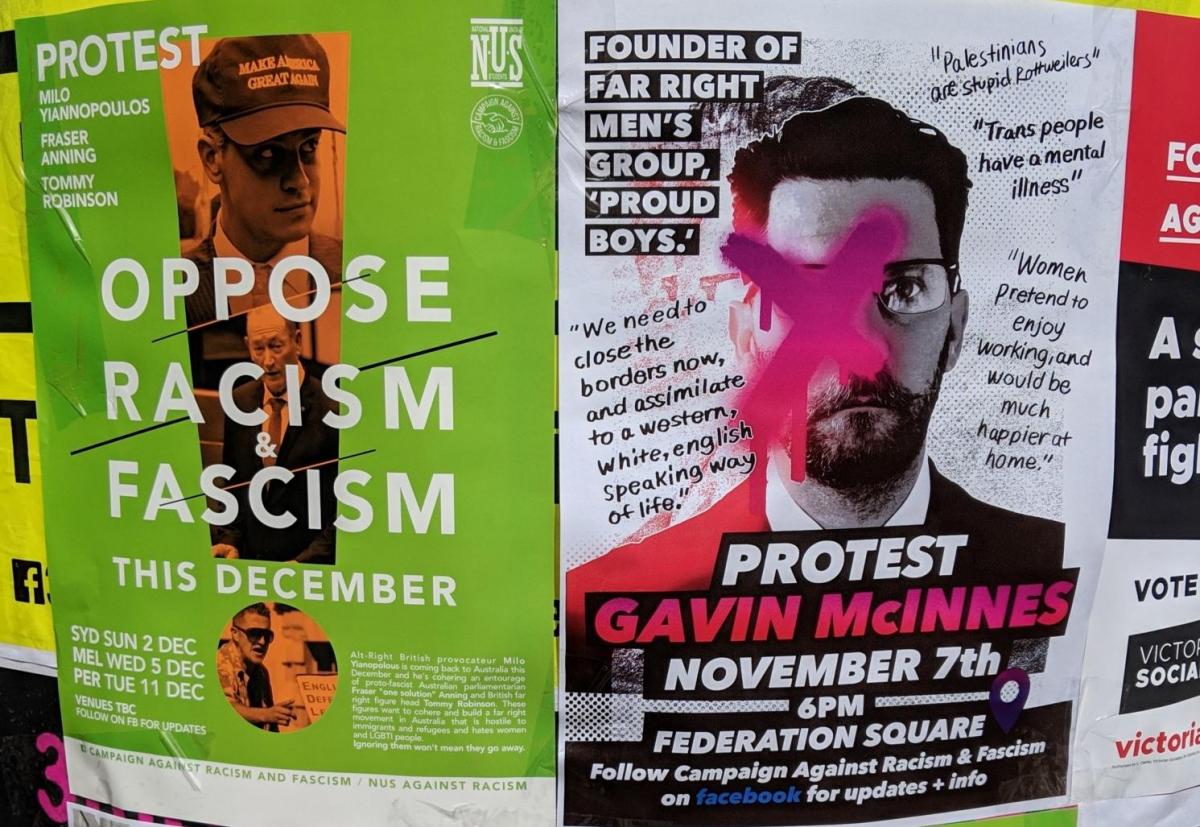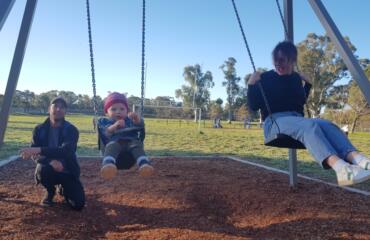Unlike the other businessmen who pack the cubicles of Collins Street, Michael Godfrey won’t have to fork out the $4.00 tomorrow for his morning coffee.
In fact, on Friday afternoon he won’t even have to leave his desk for a round of drinks with the team.
Luckily for Mr Godfrey and his affinity for caffeine, he has a nitro cold drip tap at his disposal – which also happens to be conveniently located next to the beer taps in the office kitchen for when two o’clock rolls around.
“The fact that everything is essentially taken care of made WeWork hard to pass up,” says XKG Operations Director Michael Godfrey.
Complimentary beer taps aside, the WeWork Collins Street location where XKG is based also boasts daily cleaning, and weekly catered networking events.
But you know what they say; there is no such thing as a free beer – or a free nitro coffee for that matter.
Before moving into a WeWork office, XKG had leased a small office space on a traditional twelve-month fixed term contract. They quickly outgrew the space, but were unable to break the lease.
“We moved into WeWork Collins Street in July 2018 and now have a four-person office on a completely flexible contract, where we are only required to give one-month notice to vacate,” says Mr Godfrey.
For growing businesses like consultancy firm XKG, the price of flexibility is well worth it to avoid locking into space that they are likely to outgrow sooner than a traditional lease term accommodates.
Co-working spaces also work well for smaller businesses because companies with less than five employees often struggle to find traditional office space small enough for their requirement and then end up paying for big offices that they only partly use.
But once companies begin to seek larger spaces within co-working environments, the cost benefit begins to dissipate and the premium starts to show.
Mr Godfrey has “no plans” to move away from co-working as their business grows. “WeWork offers hot desks, as well as office spaces that can fit up to thirty people. So if we grow as a business, we have the option of larger spaces.”
At the Collins Street WeWork, a ten desk private office will set you back $7,450 a month, significantly higher than a standard CBD office rent – albeit inclusive of outgoings, cleaning and all the nitro coffee your heart desires.
But despite the increased costs, larger companies are beginning to look towards co-working environments to address headcount changes in their businesses.
According to a Jones Lang Lasalle study of Global Corporate Real Estate Trends completed in 2015, 64% of corporate real estate leaders noted a “growing appetite to drive flexibility through real estate portfolios.”

Image courtesy: www.thecommons.io
Recent examples have seen technology companies in particular looking towards co-working solutions to increase synergy as they try and increase operational adaptability in the constantly changing technology landscape.
In the US, Facebook recently signed a lease of approximately 42,000 square metres of office space in a new Silicon Valley WeWork location. Samsung followed suit in New York, utilising WeWork Williamsburg as a touchdown space for staff.
Operators of co-working companies believe that this format of office leasing can grow to suit any tenant, not only small occupiers. WeWork is only one of several companies running co-working sites in Melbourne.
“The demographics of our members are mixed as they range from single person business operators such as freelancers, to Australian success stories [accessories store] The Fifth and [almond milk company] Almo, to well-known corporations such as Eventbrite and Paypal,” according to Linda Fountain, Membership Coordinator of The Commons, in Collingwood.
The Commons is one of the many satellite co-working environments bobbing up around the Melbourne fringe – not yet at the scale of WeWork, but spruiking the same flexible contract model.
“We offer our members three membership options that suit their business needs and also provide the amenities and environment to help their businesses grow,” says Ms Fountain.
Ms Fountain refers to The Commons is a “creative ecosystem” that caters to different work styles, which suggests complimentary nitro coffee may be on the cards in their minimalist South Melbourne location.
The Commons lures in prospective tenants with the same model of cool convenience fostered by its predecessor WeWork, aiming to be much more than “just a work station and basic amenities typical of traditional office space.”
As part of a membership, The Commons tenants (and their dogs) have access to activity areas such as an outdoor basketball court, arcade games and table tennis – but no fear for those of us less keen on breaking a sweat in the office, tenants also have access to the delightful sounding “sleepy garden”.
Workplace research has demonstrated some merit in environmental elements in increasing productivity, however in the co-working model they appear to represent a value-add to account for the high cost nature of accounting for risk in flexible leasing.
“Traditional office leasing tends to be long-term and inflexible towards a businesses growth, with a higher initial cost outlay – especially for businesses with smaller teams,” explains Ms Fountain.
As with WeWork, the cost comparison to traditional office space demonstrates a significant premium to mediate the risk of transient tenants – a single person private office at The Commons will set your business back $1,600 per month.
While these cultural elements appear unique compared to the cubical and fluorescent light aesthetic we are used to, they are hardly distinctive – in fact, co-working providers are popping up at an increasing rate across Melbourne, and are all selling a similar framework.
The number of co-working spaces available to tenants has grown almost 300% in between 2013 to 2017 according to recent Knight Frank research. There are 309 co-working locations available across Australia, representing 0.6% of all office stock.
Melbourne is leading the way in the growth of co-working space in Australia and has the largest concentration of space at 49%, according to Knight Frank.
However, Australia is still in the growth phase of what is being called the co-working revolution, with available space dwarfed by that of the United States and United Kingdom.
“The co-working sector in Australia is still at a growth stage and there is plenty of room in the market for new players. Flexible workspace providers in Australia currently only occupy 193,000 square metres, while London itself has 836,000 sq m, and New York 560,000 sq m,” said one provider.
WeWork alone currently operates 60 locations in New York and 41 in London – all of which offer varying options of space and configuration for their tenants.
In Australia, the desire for co-working is catching on fast. In Melbourne, WeWork recently announced two new offices in the CBD – bringing its total to five locations.




